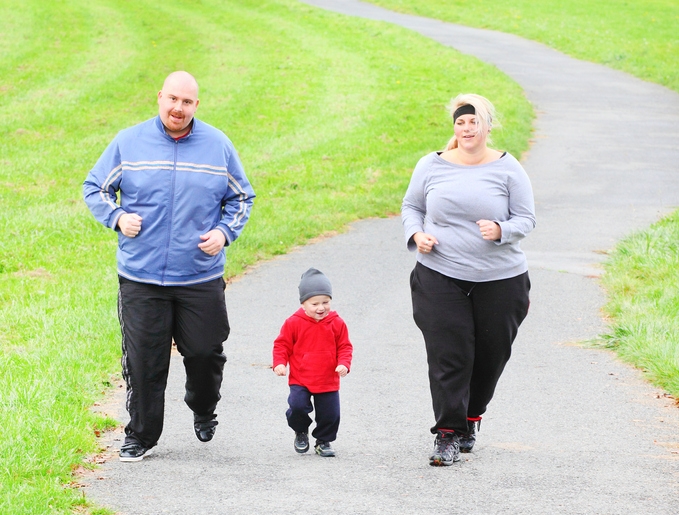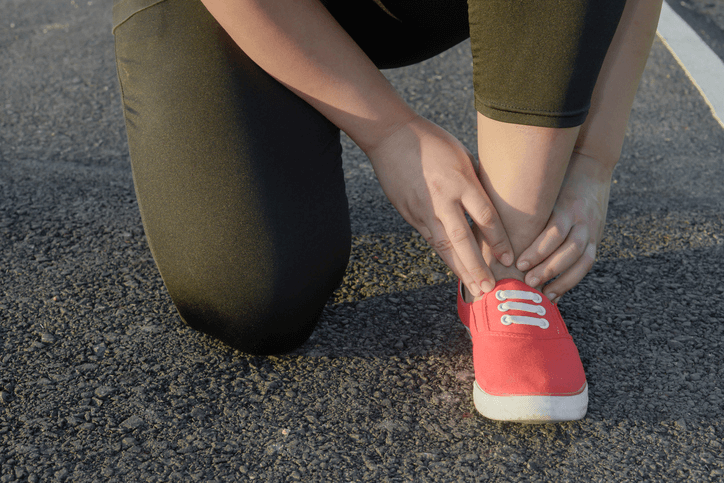7 Lap Band Issues a Lap Band Revision Can Fix
Lap band surgery was once a very popular form of weight loss surgery, but it has fallen out of favor in recent years due to the kinds of complications that result. Lap band revision surgery can help fix these issues.
What Is Lap Band Surgery?
Laparoscopic gastric banding surgery, commonly called lap band surgery, involves the placement of an implant around the stomach. The inflatable gastric band constricts the opening to the stomach, causing the individual to feel full sooner, potentially supporting weight loss efforts.
While this surgery has had its successes, the results have been inconsistent, and many patients experience complications. This has led to a steady decline in the number of lap band surgeries being performed, dropping from nearly 56,000 in 2011 to only 2,393 in 2020.
7 Lap Band Surgery Issues
There are a number of complications that can result from gastric band surgery, including band slippage, band erosion, and digestive problems. These issues can be fairly common, as indicated in one eight-year study in which over 33% of patients developed late complications. The most notable complications that can occur include the following.
1. Nausea and Vomiting
For some patients, the gastric band may lead to discomfort in the form of nausea and vomiting. In some cases, patients may vomit multiple times per day due to intolerance to the implant.
2. Difficulty Swallowing
Lap band intolerance can also lead to difficulty swallowing, which is referred to as dysphagia. The gastric band is designed to restrict food intake through the opening into the stomach, and that may lead some patients to experience dysphagia.
3. Acid Reflux
If the band is too tight or if it has slipped out of position, it may lead to acid reflux and heartburn. Mild regurgitation may also occur. Deflating the band sometimes helps resolve this issue, but if there is no change in reflux symptoms, lap band revision surgery may be necessary.
Over time, acid reflux can lead to esophagitis, which is inflammation and eventual tissue damage in the esophagus.
4. Esophageal Dilation
Damage to the esophagus may also result from esophageal dilation. If food can’t pass through the esophagus properly, the buildup can cause the tissue to stretch, potentially leading to long-term damage. Esophageal dilation may also impact weight loss, especially in later stages. Revision surgery has been shown to correct this issue and help patients resume losing weight as anticipated.
5. Band Slippage
While rare, gastric band slippage can occur. Over time, the lap band may slide down the stomach, creating a pouch above the band and potentially causing severe pain and nausea. Sometimes, deflating the band may help correct this issue, but band removal may be necessary in severe cases.
6. Band Erosion
In especially rare cases (less than one percent), the band may erode. As the band deteriorates, it is likely to become infected if left unaddressed, leading to severe complications down the road. The port used to inflate/deflate the band can also become infected, necessitating removal.
7. Poor Weight Loss Results
Finally, poor weight loss results may make lap band revision surgery the best course forward. This is surprisingly common—one study found that about 31% of patients failed to achieve satisfactory weight loss from gastric band surgery.
Poor results may result from other issues or complications with the band, and weight is sometimes regained long-term after lap band surgery. The likelihood of weight regain from this type of surgery is higher than in gastric bypass or gastric sleeve patients, making it comparatively unreliable when it comes to long-term results.
Potential Benefits of Lap Band Revision Surgery
Lap band revision surgery can help address the above complications by dealing with their root cause: the gastric band itself. Slippage can be corrected or the band may be adjusted, but sometimes, the best solution is to remove the band altogether. Laparoscopic gastric band removal can resolve the digestive or esophageal issues that sometimes arise from lap band surgery, though it may not necessarily address poor weight loss results on its own.
Converting the lap band to gastric sleeve or gastric bypass surgery can help you reach your weight loss goals. Research shows these surgeries to be more reliable with success rates averaging from 70% to 85% in terms of losing half of your excess weight or more.
Weight Loss and Revisional Surgeries
If you have had poor results from gastric band surgery, a lap band revision may be the best course forward, both in terms of preserving your health and improving weight loss. Talk to a highly qualified bariatric surgeon to determine the right options for you.







